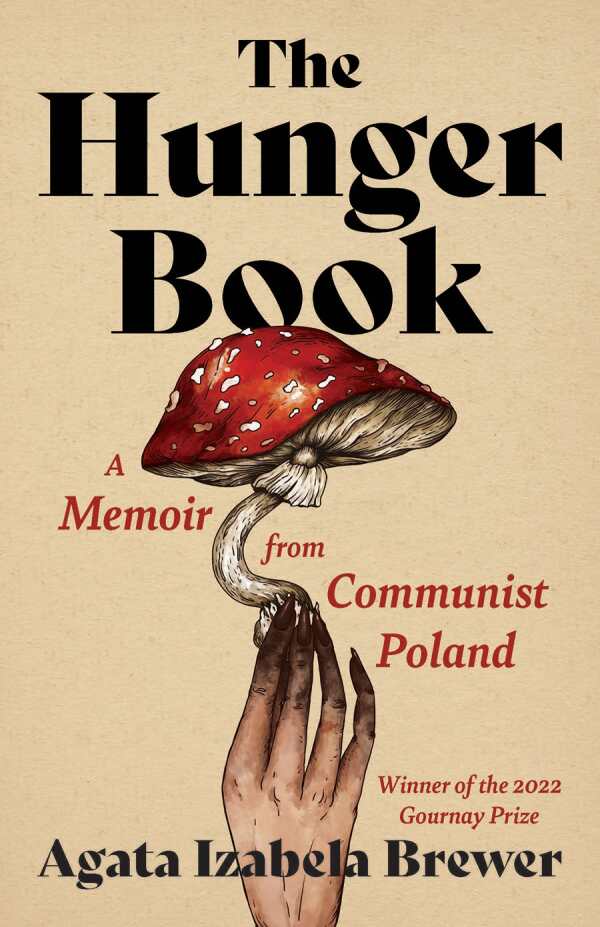The Hunger Book
A Memoir from Communist Poland
The Hunger Book excavates thoughts on motherhood and addiction from its powerful memories “of hunger and longing in postwar Poland.”
When Agata Izabela Brewer was three years old, communist forces declared martial law in Poland. Raised by a single mother who, in the depths of her addiction, truly wanted to die, Brewer survived violence, privation, misinformation, and radiation from the Chernobyl explosion, all before high school. But these traumas weren’t her whole truth: she had her grandparents’ love. She had foraging excursions in the woods and time on her family’s allotment, among vegetables, bees, and the earth. She had spots of happiness. These became the tools of her survival.
Though Brewer began writing these essays with the intention of centering—and seeking understanding of—her mother, whose final act of insolence was a death sentence, the book finds its footing elsewhere: in stories of how mushrooms support whole ecosystems. In recipes for blood sausage and lard. In accounts of bread making, wherein air-bubble absences are treated as “almost holy. The emptiness doesn’t want to be filled, doesn’t want to become something. It just is.” Meanwhile, catharsis evades her. What was forgotten remains buried. Nightmares awake.
Brewer tills her internal soil throughout, hoping that empathy for her mother can grow there, even as she voices the memories that stunt its growth: creative tortures; multiple suicide attempts; hunger and disappointment. She muses that her mother could not love her; she wonders whether showing her love regardless might have mattered. And she fights to love her own children in a better way, regretting the challenges they face: “at eleven, [my son] already knows that kindness is a political statement that can get us into trouble.”
The Hunger Book is a forthright, tender memoir about intergenerational trauma and the nuances of maternal love.
Reviewed by
Michelle Anne Schingler
Disclosure: This article is not an endorsement, but a review. The publisher of this book provided free copies of the book to have their book reviewed by a professional reviewer. No fee was paid by the publisher for this review. Foreword Reviews only recommends books that we love. Foreword Magazine, Inc. is disclosing this in accordance with the Federal Trade Commission’s 16 CFR, Part 255.

